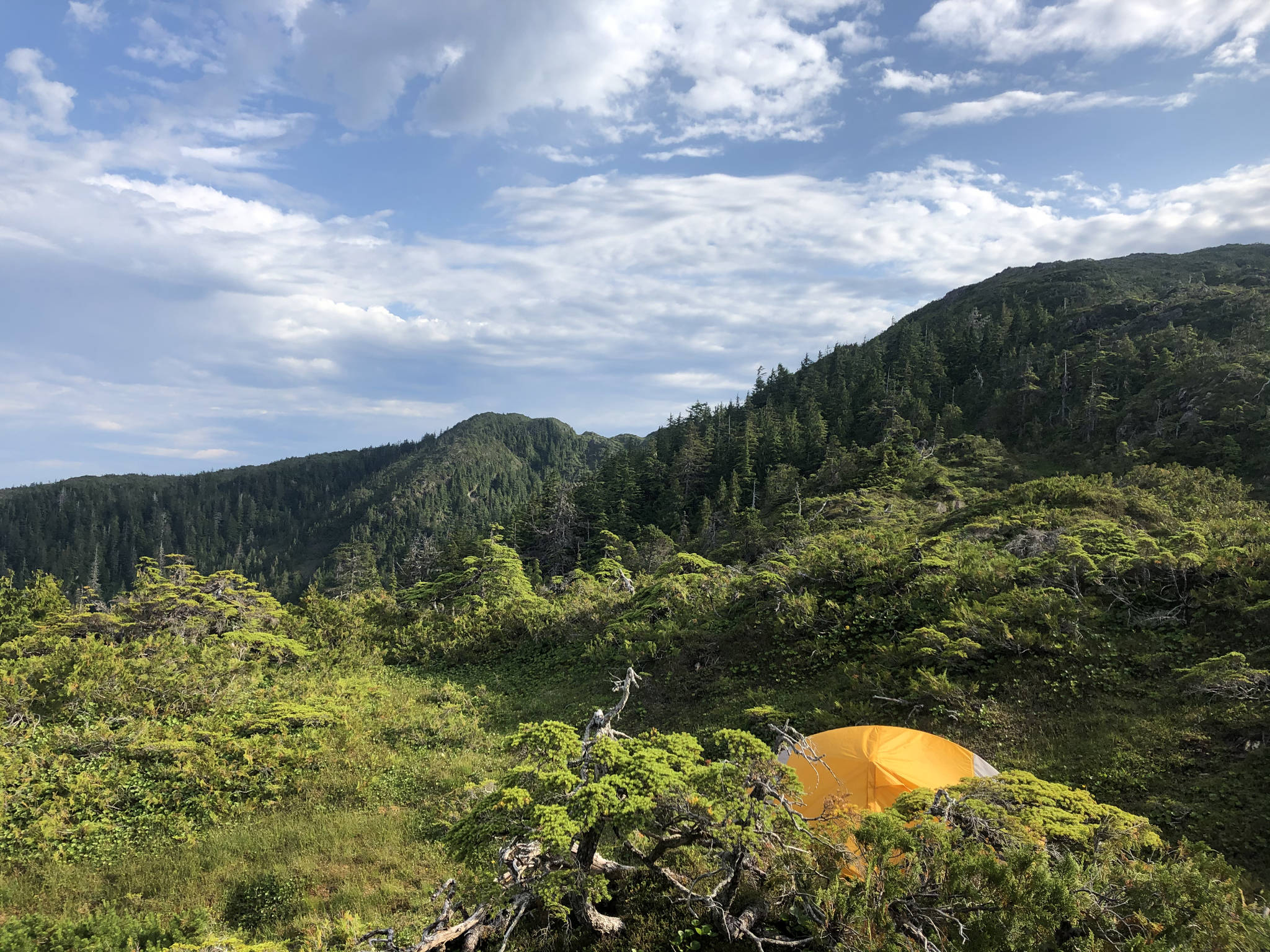Sometimes I am terrible at learning lessons. In the clarity of aftermath, I can say confidently that a lesson has been learned, but a lesson is only truly learned when the next time I have the opportunity to make the same mistake, I don’t.
Anytime you are new to something you don’t really know how things work, so you become a student of observation. Well, you don’t have to, you can close your mind and live based on impulse, but if you look around, that’s what a lot of people in our country are doing and it’s making for a frightening list of why that’s something to avoid.
Anyway, a few years ago, I went up a mountain with my buddy, Stephen, and shot my first 4-point buck. The next time we went, neither of us shot anything, but he still said “It was a good hunt.”
Early in my hunting career, I equated success to good. The purpose of obtaining meat had been met, and thus the conclusion was good. Simple, mathematical equation. But that hunt helped me understand that hunting itself was good. The whole program was the point. The opportunity and ability along with hiking, the misery, the glassing, the stalk, the shot, the heavy pack and the feeling of accomplishment. The feeling of being a participant in life, not an observer. Sometimes things go perfectly, or not at all as I planned, but the results end up being even better than I pictured.
However, hunting is frustrating. So is fishing. They are both often humbling endeavors. You think you have the perfect plan and run the program over and over in your head before sleep which is the worst time to do so because you can’t then relax enough to fall asleep. But then on the mountain, or on the water, the other variables kick in. Weather. Someone else. The fish or woodland creatures don’t cooperate and sometimes I get frustrated to the point of missing the point.
But there are also moments in which I had the opportunity to apply the lesson and did. A simple shrug after a deer winded me when I was at full draw, 15 yards away. Laughing after a steelhead shook the fly and bolted before I could tail it. Success! Growth!
But I still know the anger monster lives within.
It’s not that I one day expect to ascend to a level of humility that will make me the most righteous, virtuous outdoorsperson Earth has ever known. It’s that if I value the experiences the way I say I do, and know that I do, then I will attempt to grab hold of sanity in those moments when things go south. You know, step back and think about how unbelievably lucky am I to have been able to hike up a mountain by myself, camp and put myself in the position to bring home my own free-range, organic meat, even if I don’t. That’s way more than can be embodied by a cliché.
But it’s easy to be negative and tear apart an experience. When I was an infant I cried when I was hungry because I didn’t know how to self-sooth. When I was in middle school, I punched a piece of furniture because I didn’t understand algebra, and because I forgot I knew how to self-sooth. The action felt warranted in the moment, but then I felt like a fool.
There is no dignity in a tantrum on the mountain or otherwise.
• Jeff Lund is a writer and teacher based in Ketchikan. “I Went To The Woods,” a reference to Henry David Thoreau, appears in Outdoors twice a month.

